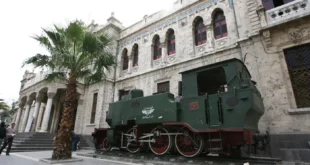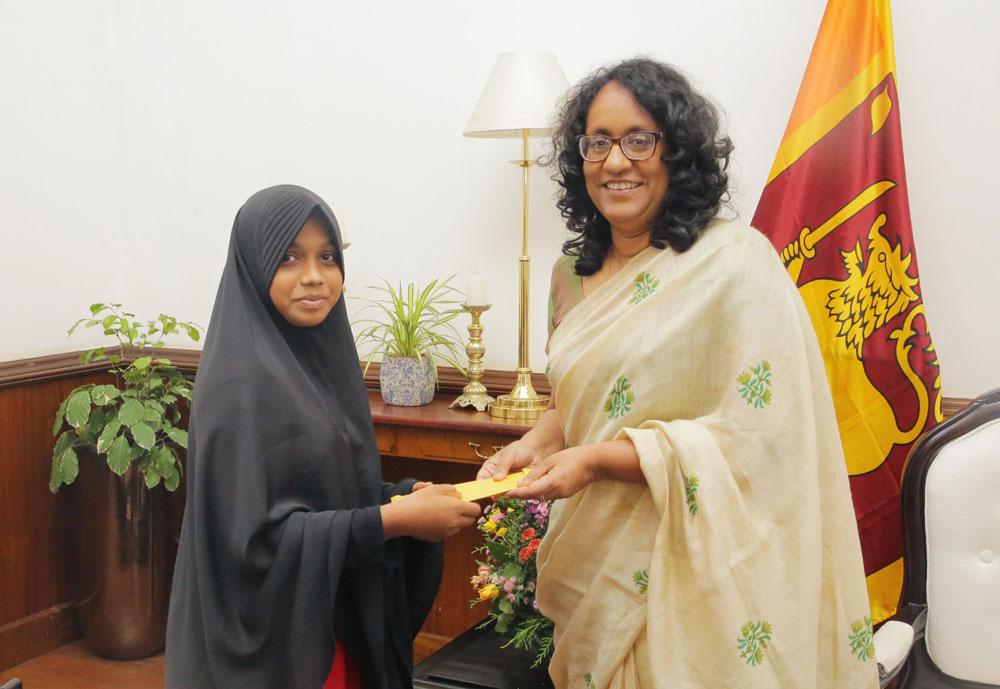A coalition of 41 Muslim-majority nations is working to create a mobile military force to combat the Islamic State (ISIS) group in Iraq and Syria and militant threats across northern and western Africa. The alliance, known informally as the Muslim NATO, is preparing later this year to hold its first major meeting with defense ministers from across the Muslim world to define its structure and mission, The Wall Street Journal reported Tuesday.
The Islamic Military Alliance to Fight Terrorism has become known as the Muslim world's response to the NATO military alliance. Its leaders from Sunni-majority nations want to go after jihadist militants fighting in Libya, Yemen, Nigeria and Cameroon, while helping to free ISIS territories in Iraq and Syria. Members include Pakistan, Turkey, Egypt, Mali, Chad, Somalia and Nigeria.
Saudi Arabia announced in January it had tapped the former header of Pakistan's army, General Raheel Sharif, to oversee the coalition's forces. The alliance has also agreed to have Pakistan send a separate, 5,000-strong force to guard Saudi Arabia's vulnerable southern border with Yemen.
It's unclear whether the coalition led by Riyadh will be plagued by the same economic and structural limitations that have stirred questions in recent years about the future of NATO. Saudi Arabia is putting in the bulk of the funding, just as U.S. military spending drives NATO's budget. In recent months, President Donald Trump has warned European NATO members that the U.S. might become a more reluctant ally if other nations don't increase their defense spending.
Conflict between Iran and longtime rival Saudi Arabia could also weaken the Muslim alliance's reach. Iran, a Shiite-led nation, has largely been excluded from the coalition despite its widespread influence across parts of the Middle East and Africa. Officials in Pakistan have already expressed reservations about any actions being seen as attacks against Tehran.
“This alliance is against terrorism, especially to help those countries which are threatened, but don’t have the necessary wherewithal to combat terrorists,” Khawaja Muhammad Asif, Pakistan’s defense minister, told the Journal. “We will not act against Iran.”
After U.S. officials urged more Muslim-majority nations to step up efforts against ISIS, the Saudi-led alliance began in late 2015 with 34 member states. At the time, a statement from the Saudi government said members would work to suppress terrorism threats because Islam forbids "corruption and destruction in the world" and terrorism constitutes "a serious violation of human dignity and rights, especially the right to life and the right to security."
Hasan Askari Rizvi, a Pakistani defense analyst, said the military alliance could face pushback from some of the Middle East's most powerful players.
“There is a question of how far this force would be a non-partisan force,” he told the Guardian. “At the moment it appears to be dominated by conservative Arab kingdoms so Iran, Iraq and Syria will not welcome it.”
Source : http://www.newsweek.com
Post Disclaimer | Support Us
Support Us
The sailanmuslim.com web site entirely supported by individual donors and well wishers. If you regularly visit this site and wish to show your appreciation, or if you wish to see further development of sailanmuslim.com, please donate us
IMPORTANT : All content hosted on sailanmuslim.com is solely for non-commercial purposes and with the permission of original copyright holders. Any other use of the hosted content, such as for financial gain, requires express approval from the copyright owners.
 Sri lanka Muslims Web Portal Sri Lanka Muslims News Center
Sri lanka Muslims Web Portal Sri Lanka Muslims News Center
 Donate
Donate


